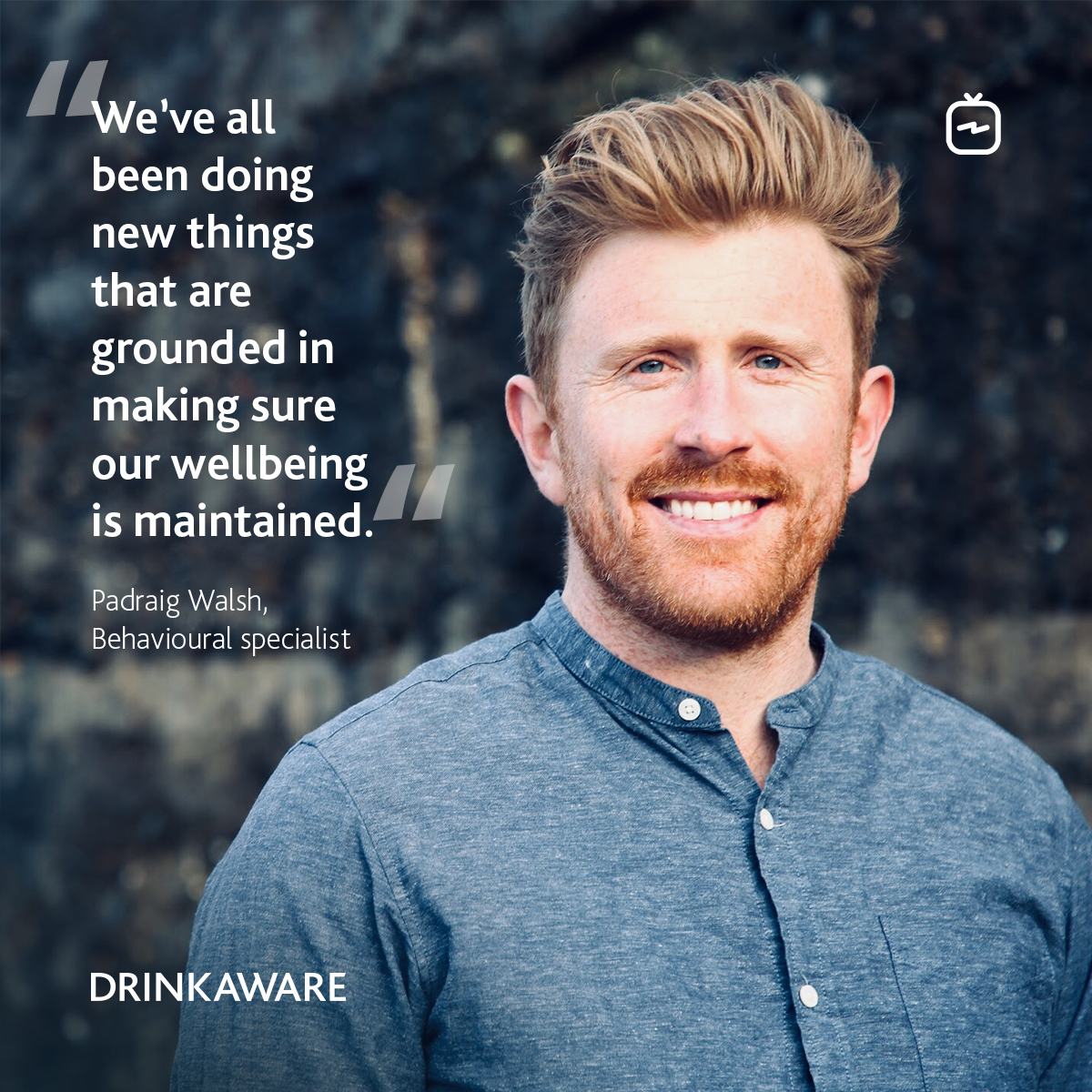Why a glass of wine can be more tempting than a run and how to change it.
My 8-month-old son recently got a present of a walker.
It’s one of those space-consuming apparatuses offering him the freedom to scoot around our kitchen terrorising the dog while simultaneously pressing every musical button on offer. The walker is his DJ altar. The dog and I are his worshippers!
8 months old is also the developmental stage where a child starts to understand cause and effect. If I shake this rattle it will ring a bell immediately, drop this spoon and it falls to the floor right away, and if I cry, mom or dad will come to me ASAP.
Last week I noticed that one of the buttons on my son’s walker was rarely pressed. Usually, he has the enthusiasm of a Balearic island Spinmaster, pressing all buttons and switches within reach. Investigating this, I pressed this forgotten button leading to silence for a few seconds. As I was walking away however, the silence gave way to “The Wheels on the Bus”, that banger of a nursery rhyme with its earworm chorus. An electrical fault in the walker seems to have delayed the song playing for a few seconds. It rendered this song unheard. Because of this delay my eager son would already have “Old McDonald” spinning on the decks.
It’s not only eight-month-old toddlers that demonstrate this impatience. With the onset of music streaming services increasing competition for listeners ears, songs are getting snappier with shorter intros and early choruses. Our smart phones and skip buttons on Spotify offering us immediate gratification and alternative choice.
This gap between Behaviour (selecting the song) and the Outcome (getting to the ‘bridge’ that makes our heart soar) proves too long for many of us. If these laws were always followed however, the 69 second intro of U2’s “Where the Streets have No Name” would have made the remaining 4 minutes 26 seconds of this 1980’s epic redundant.
In Behavioural Science, our inclination to prefer a smaller immediate reward to a larger later reward is referred to as Present Bias or Hyperbolic Discounting. It is one of the reasons that we postpone studying or tidying the kitchen and use credit cards to buy the shoes we can’t afford now. It is also one of the influences on our decision making when faced with the dilemma of having a drink at night or staying committed to an early morning run. Behavioural research will tell us that the longer this delay in reward, the harder it is for us to work for it. This also applies to children and marshmallows!
So How can we Flip the Script?
1. Imagine your future self
How connected we feel with our future selves has an impact on our decisions, particularly when these decisions can be influenced by Present Bias. Professor Hal Hershfield of Stanford University found that just showing participants an avatar of their older selves during a study led to them choosing to invest a hypothetical $1000 in a retirement fund over buying a present or organising a fun event. Visualising a healthier you and identifying yourself as an “exerciser” or “healthy eater” is more effective in supporting these behaviour changes.
2. Find ways to reward yourself in the short term
If a healthier, fitter you seems like too distant a reward, then find a treat that you can give yourself after a manageable period of successfully following a healthy routine. Often, the difficulty with an exercise routine is that in the short-term, we can experience discomfort before experiencing any endorphin release or health benefit. However, a treat such as a haircut, massage or meal out can give us an immediate lift and keep us on the right track.
3. Pair your new health routine with things you enjoy
Run with a friend, find a tasty non-alcoholic alternative drink, explore healthy meal options, listen to your favourite music or podcasts as you exercise. One of the biggest mistakes made when starting a new routine is making it too difficult or simply not enjoyable.
As human beings, we tend to avoid things that are unenjoyable so naturally a new routine that involves excessive hardship tends to fall by the wayside. Consciously pair your new routine with things that you already enjoy reducing this burden. Ultimately this is crucial when we aim to maintain a sustainable change in habits.
This is a Guest Blog with Pádraig Walsh. Pádraig is an experienced Behaviour Specialist with a demonstrated history of working within Health and Education. He currently lectures in NUIG, City Colleges, and UL. He is also a member of Drinkaware’s Expert Advisory Panel alongside with John O’Mahony, Director of Behaviour & Attitudes.


